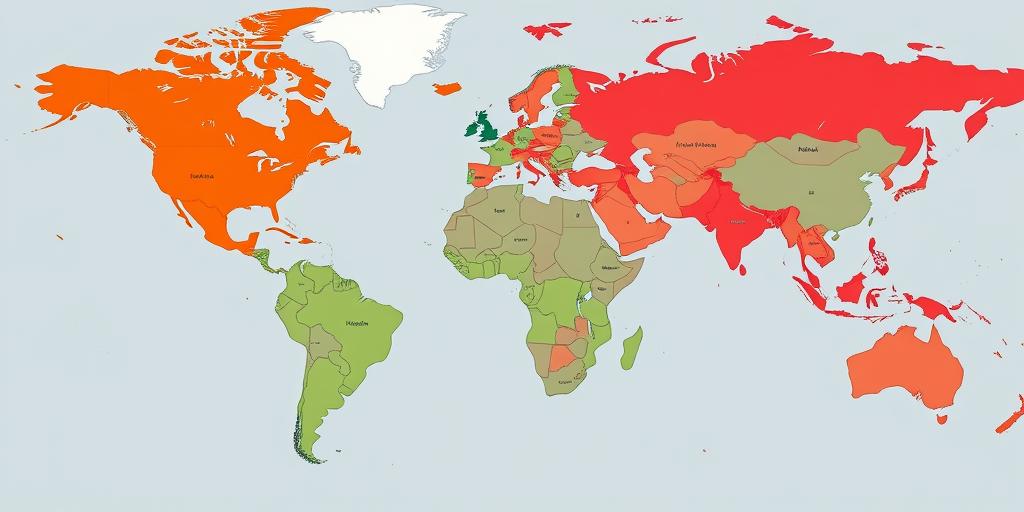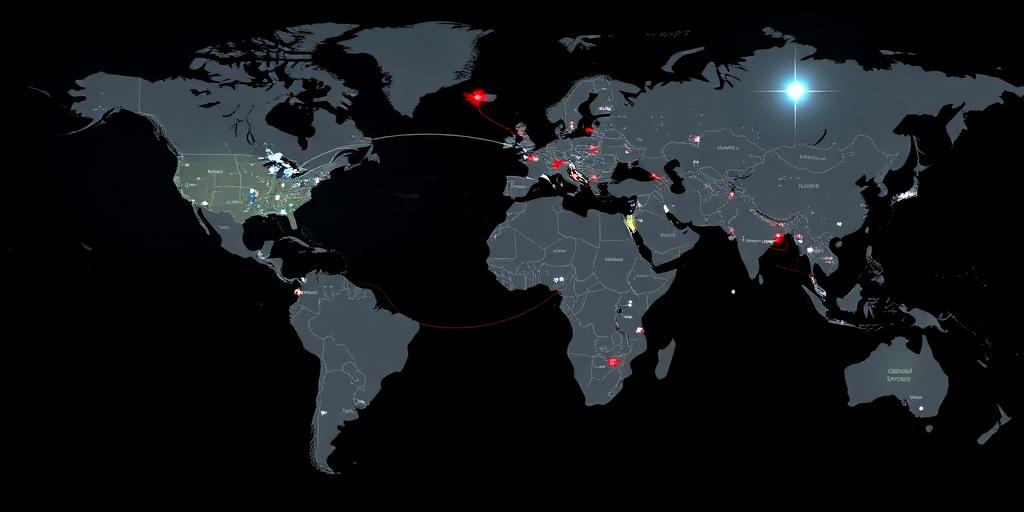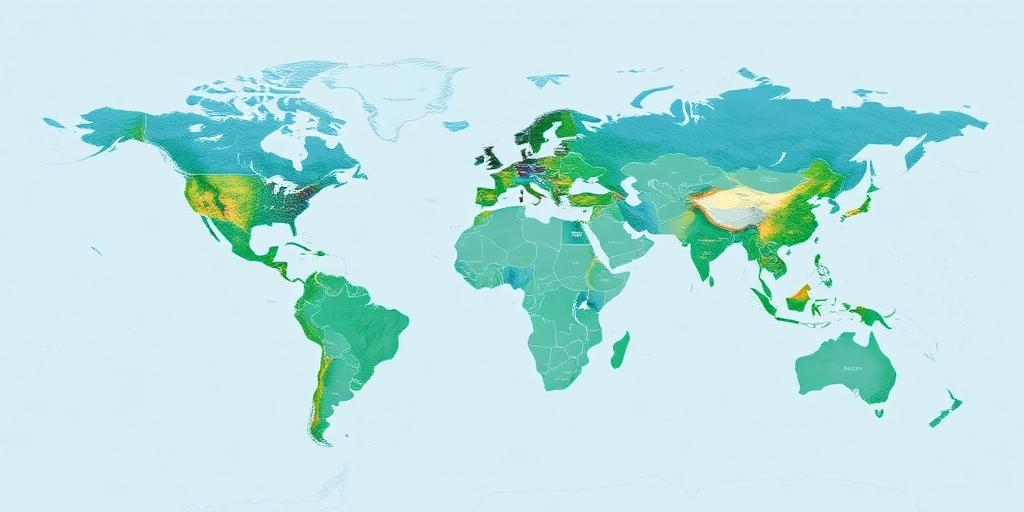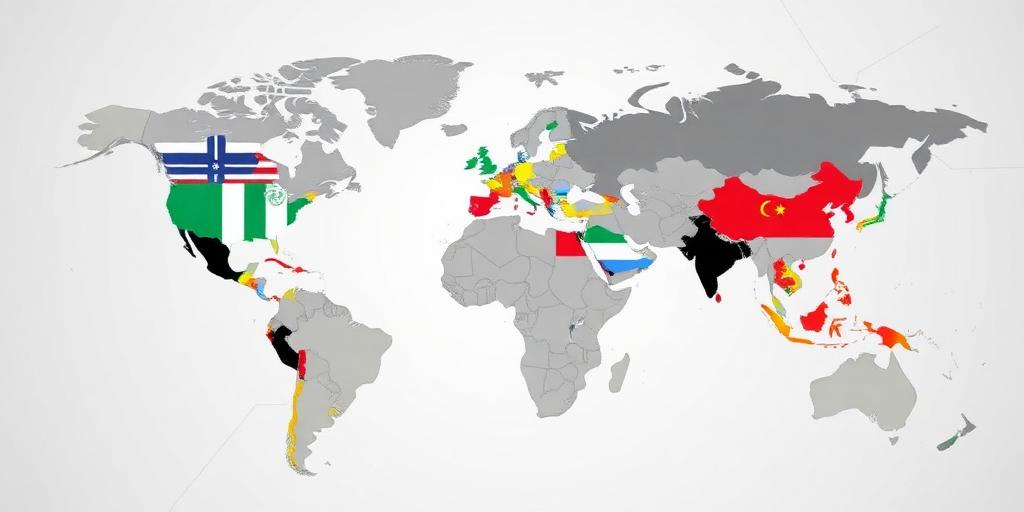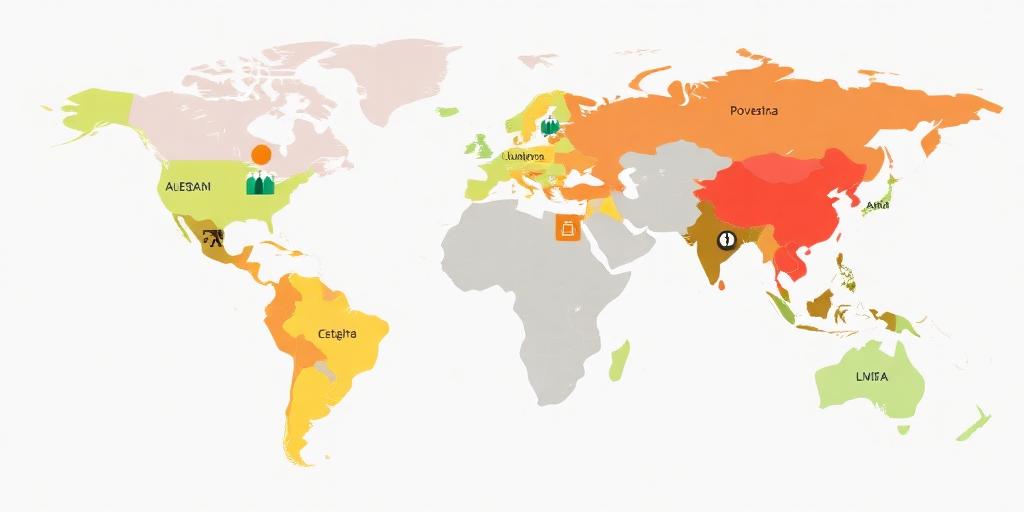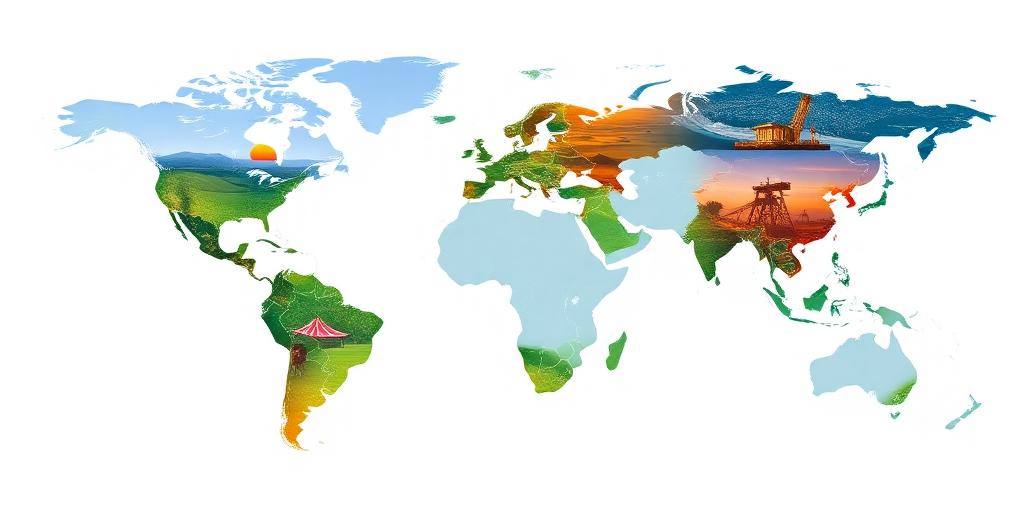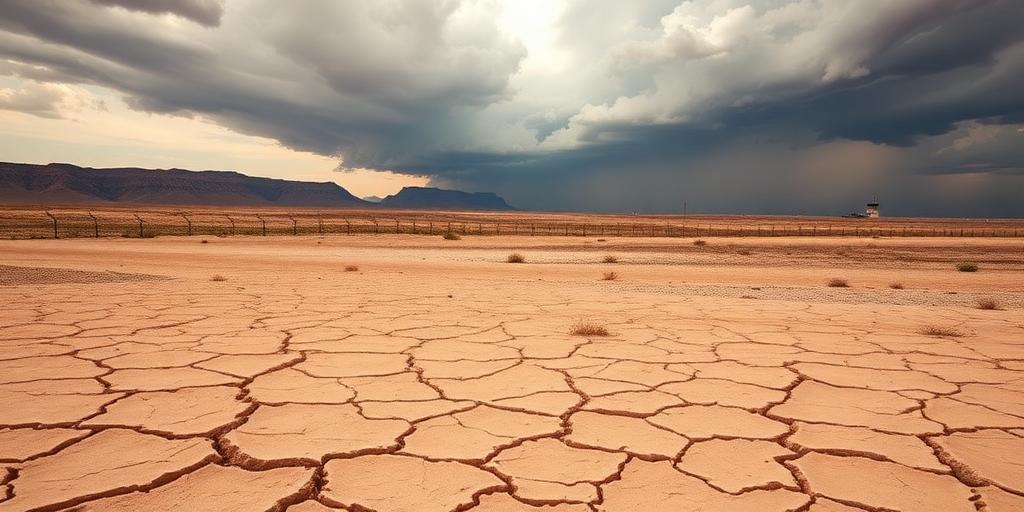The Impact of Geography on Global Politics
Geography, the study of the Earth's physical features, climate, population, and resources, profoundly influences global politics. It shapes nations' power, trade relations, and even their internal political dynamics. Understanding these geographical factors is crucial for comprehending international relations and predicting future geopolitical trends.
1. Natural Resources and Economic Power
The distribution of natural resources, such as oil, gas, minerals, and arable land, significantly impacts a nation's economic power and its role in global politics. Countries rich in these resources often wield considerable influence. For example, nations in the Middle East with vast oil reserves have historically played a central role in global energy markets and international diplomacy.
However, resource wealth can also lead to conflict and instability, a phenomenon known as the "resource curse." Countries heavily reliant on a single resource may experience corruption, inequality, and political instability, making them vulnerable to external interference.
2. Strategic Location and Geopolitical Influence
A country's geographical location can provide strategic advantages. Nations controlling vital waterways, such as the Strait of Hormuz or the Panama Canal, hold significant geopolitical leverage. These strategic chokepoints can be used to influence trade routes, project military power, and exert political pressure on other nations.
Landlocked countries often face unique challenges, as they depend on their neighbors for access to trade and international markets. This dependence can make them vulnerable to political and economic coercion.
3. Climate and Environmental Factors
Climate and environmental factors are increasingly important in global politics. Climate change, in particular, is exacerbating existing challenges and creating new ones. Rising sea levels, extreme weather events, and resource scarcity can lead to displacement, conflict, and political instability.
Countries vulnerable to these impacts may require international assistance, while those contributing the most to climate change face increasing pressure to reduce emissions and provide climate financing.
4. Topography and National Security
The physical features of a country, such as mountains, deserts, and rivers, can significantly impact its national security. Mountainous regions can provide natural barriers against invasion, while rivers can serve as strategic waterways or natural boundaries.
However, challenging terrain can also hinder economic development and internal cohesion. Remote regions may be difficult to govern, leading to separatist movements and internal conflicts.
5. Population Distribution and Political Representation
The distribution of population within a country can influence its political system and stability. Densely populated areas may have greater political representation and economic influence, while sparsely populated regions may feel marginalized.
Urbanization, the movement of people from rural areas to cities, can create new political and social challenges. Rapid urbanization can strain infrastructure, exacerbate inequality, and lead to social unrest.
Conclusion
Geography is a fundamental factor shaping global politics. Natural resources, strategic location, climate, topography, and population distribution all play a role in determining a nation's power, trade relations, and internal stability. As the world becomes increasingly interconnected and faces new challenges such as climate change, understanding the impact of geography on global politics is more important than ever.

